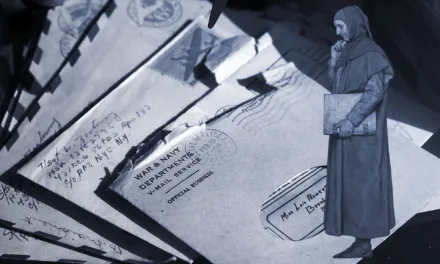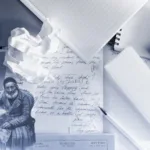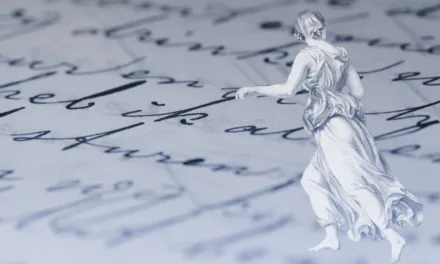
Don’t Delete Your Words. Your Words Have Value.

It’s so easy to delete your words. Don’t like what you’ve written? A blank slate is just the touch of a button away. In the moment, it can be tempting to just start over, but, and I can’t stress this enough, do not delete your words! Once they’re gone, you can’t get them back, and no written word is ever wasted.
Here are three things to consider before you start deleting your words, no matter how good or bad you think they are.
Revise it
Revision is the most important part of any writing project. Before deleting your words, read them over carefully. Nothing is ever perfect the first time – that’s precisely what drafting is for.
Approach what you’ve written from a few different angles. What were you trying to say when you wrote this? Are there any parts that work? If you tweak it, can you make it fit what you want to say? The fundamentals may be there, but you might not have come at it from the right direction. Always check to see if your words can be salvaged before committing to getting rid of them. Sometimes, a couple of tweaks are all you’ll need.
Give yourself some distance. Step away from the project or work on a different scene before coming back to the one you’re not happy with. If you’re still not happy, then you can rethink it and start fresh.
Re-use it
If you’ve re-read and tried to revise and you still can’t make your words fit, then consider whether they’ll fit somewhere else. This can be within the same project, or you can set the scene aside and save it for something else. I have a whole Novlr project full of words I’ve removed from my projects ready to be rehomed. The words were good. They just didn’t fit.
You can use these discarded words for any number of things. You can use them for writing prompts, expand them into short stories, or mix two random pieces together for a fun and challenging writing exercise. The possibilities are endless.
Learn from it
Writing isn’t a static process. It’s not a talent you’re born with. It’s one you work at. If you’re not happy with what you’re writing now, set it aside and revisit it at a later date. When you do, you might be pleasantly surprised by what you find. Sometimes a little distance does wonders for how we view our own output.
Coming at something with fresh eyes can often help to highlight where you could have improved. As you practice and your writing skill grows, you’ll find that you can easily revisit your old work and find ways to improve it or nail down what wasn’t working.
Seeing a clear progression in not only your talent but also your style can help you pinpoint your authorial voice. It can also help you hone in on the types of problems you may be coming across in your current projects.
Practice makes perfect. Don’t delete your words. Instead, use them as a measure of how far you’ve come.
Step away from the delete button for a moment and consider whether you can revise, re-use, or learn from what you’ve written. A lot of what you set aside you might never glance at again, but they’ll still be there, ready for you whenever you might need them.
Your words are worthy, so why not keep them?





























